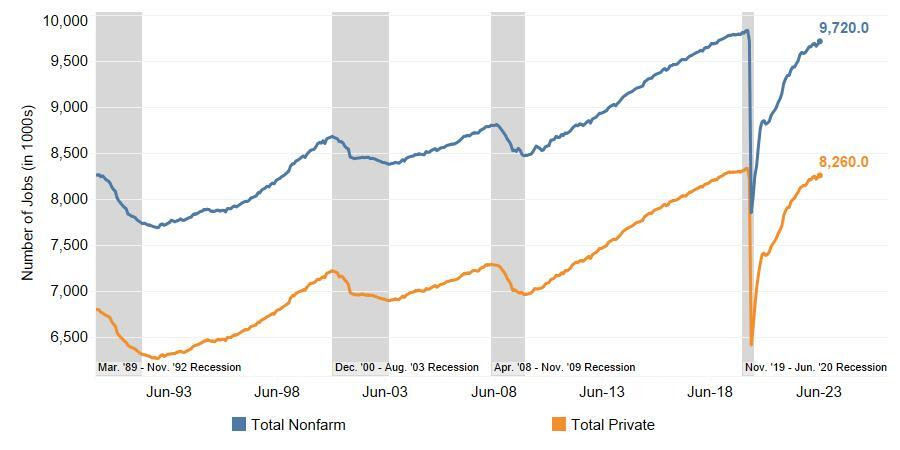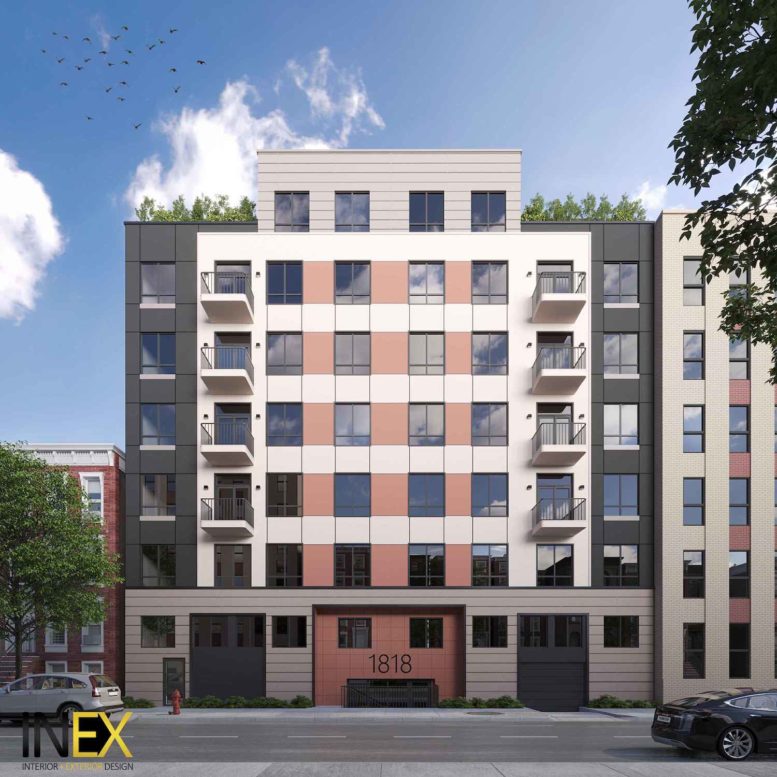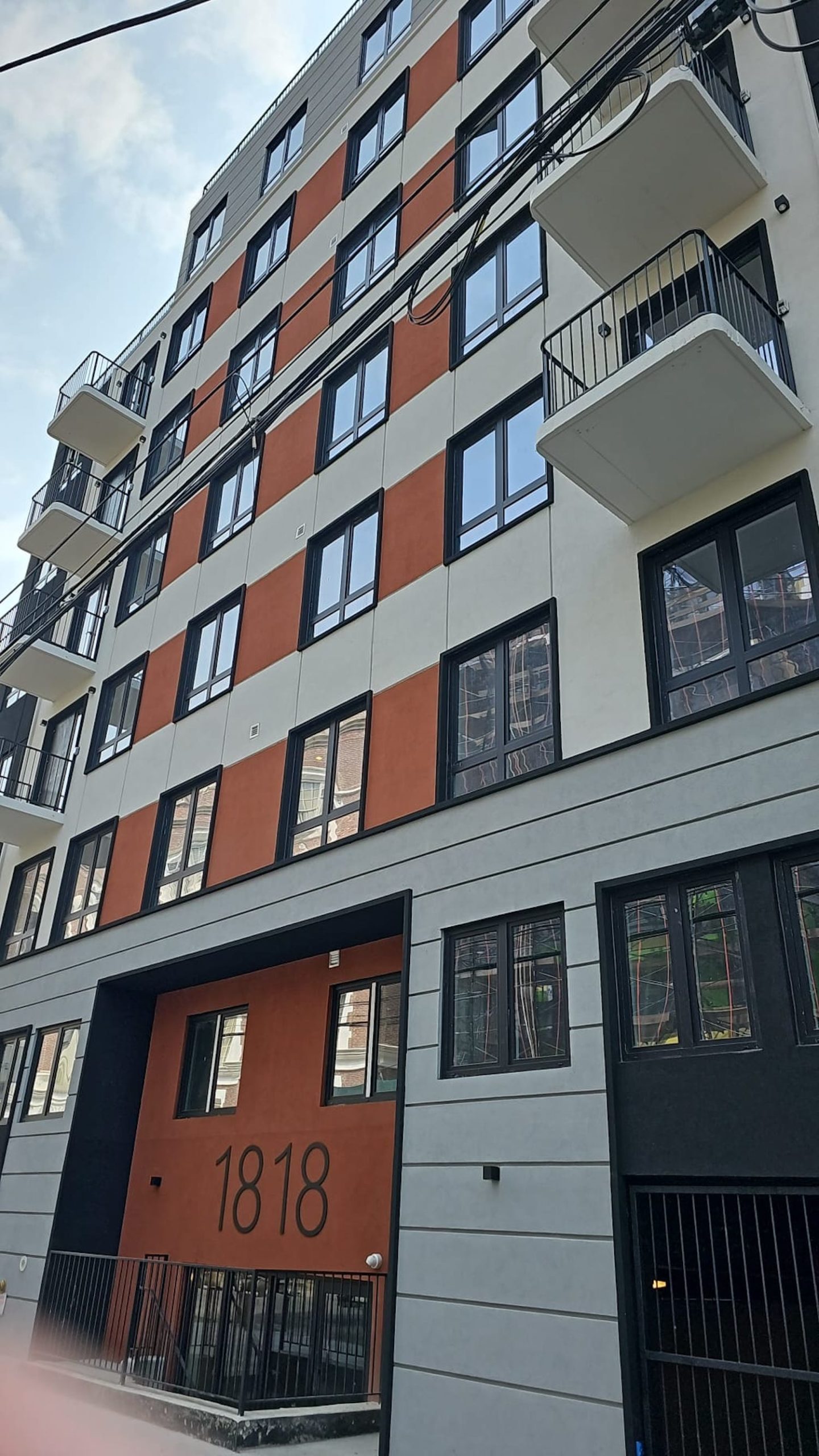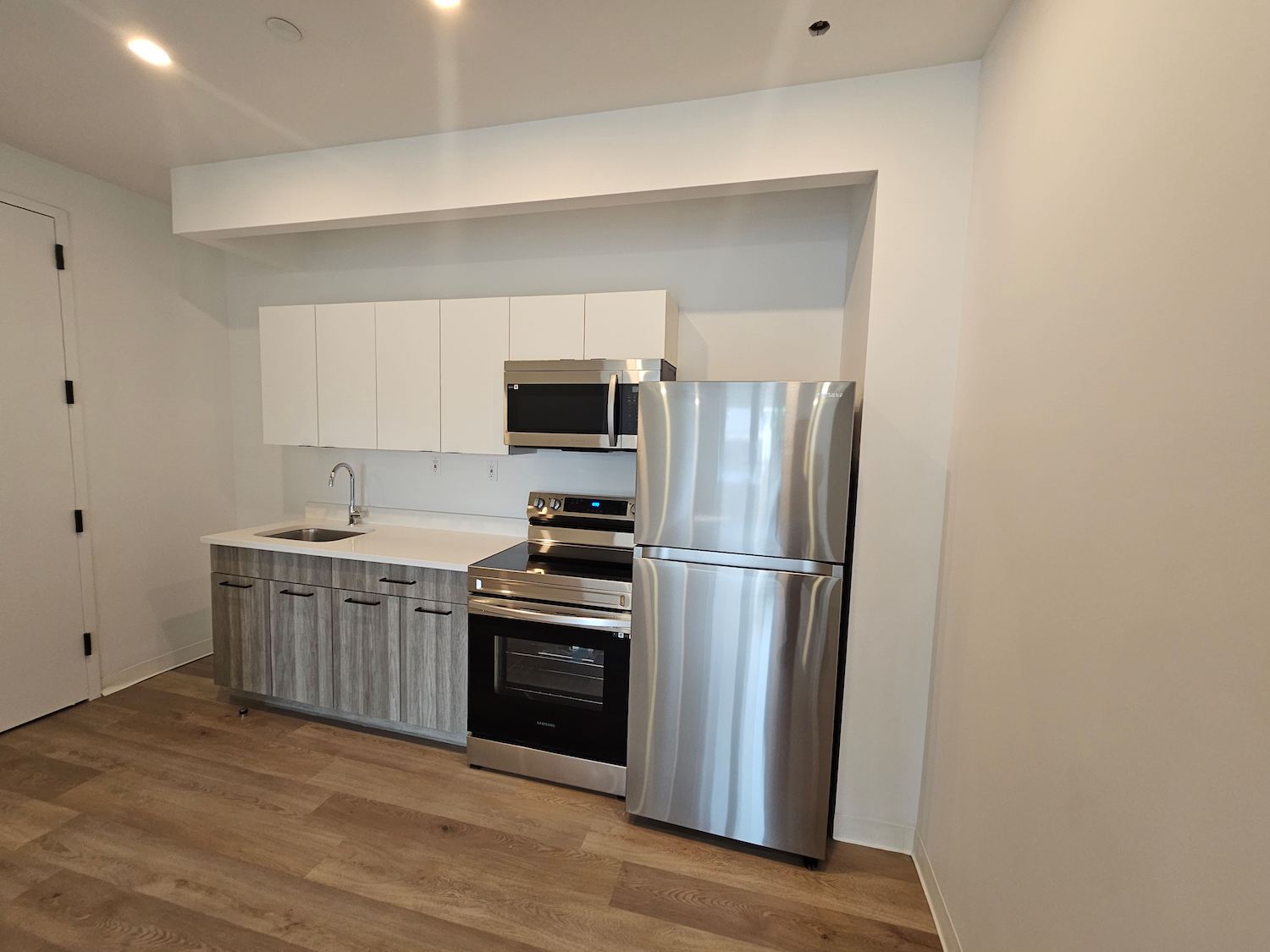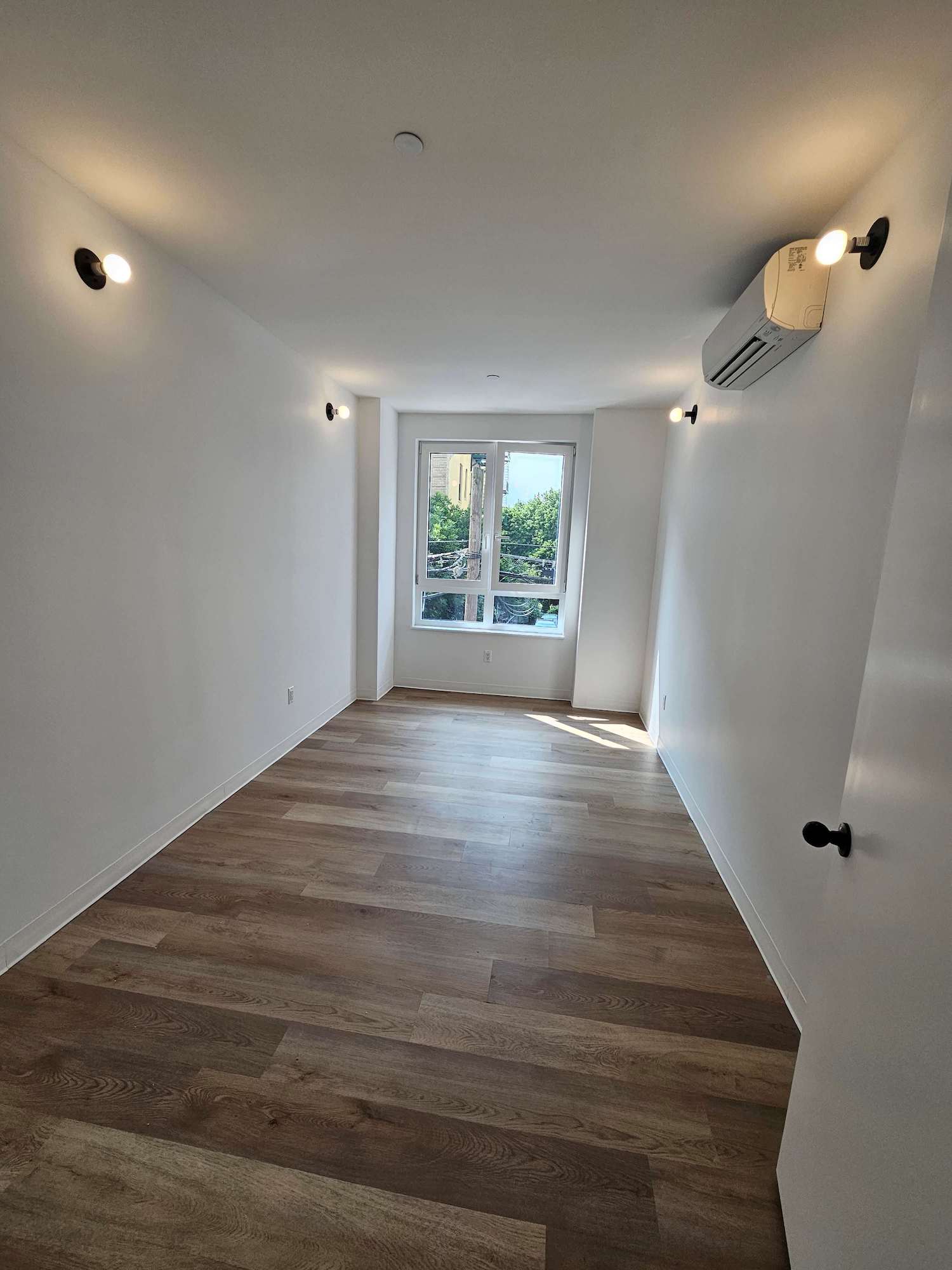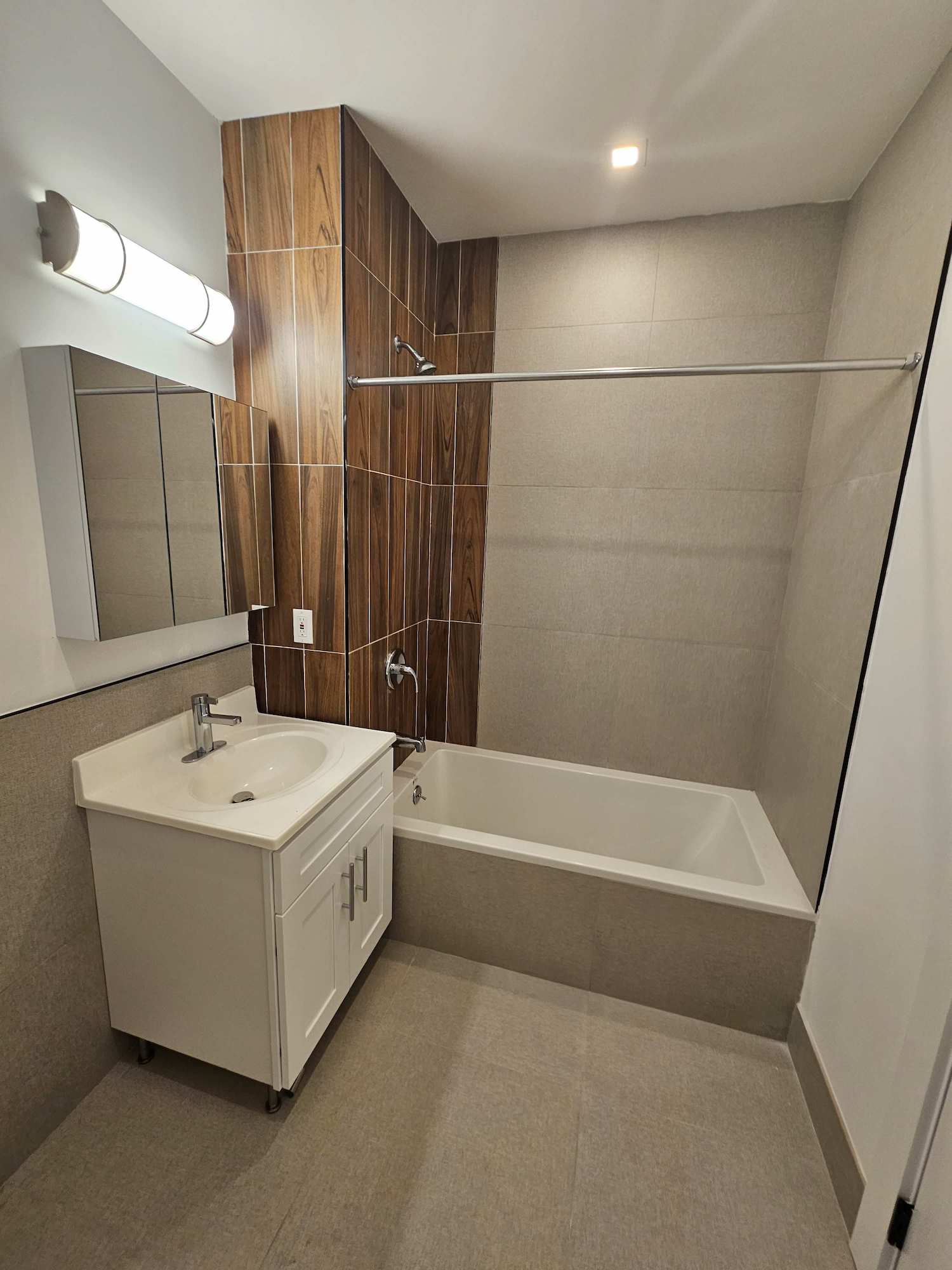Projects Totaling More Than $40 Million Will Deliver Public Space and Street Safety Improvements Along Fulton Street and Flatbush Avenue and Across Downtown Brooklyn
Project Delivers on Commitments in Mayor Adams’ “Working People’s Agenda” and “New” New York Action Plan
New York City Mayor Eric Adams, New York City Department of Parks & Recreation (NYC Parks) Commissioner Sue Donoghue, and New York City Department of Transportation (DOT) Commissioner Ydanis Rodriguez today announced a more than $40 million investment to deliver vibrant public spaces and street safety improvements along Fulton Street and across Downtown Brooklyn. This project will deliver streetscape improvements, transportation and public space upgrades including improved bus service and new public art, and pedestrian and roadway user safety enhancements — supporting the continued recovery of Brooklyn’s largest economic hub. The project is part of Mayor Adams’ $375 million investment in creating exciting, new public spaces across all five boroughs outlined in his “Working People’s Agenda,” and builds on the goals of the “New” New York panel for the growth of the city’s commercial districts.
“Downtown Brooklyn is our most populous borough’s largest economic hub. And today, we are bringing it into the future with more than $40 million for green space, efficient transportation, and safe streets that hard-working New Yorkers deserve,” said Mayor Adams. “This is how we reimagine our city, reinvigorate our neighborhoods, and revitalize our business districts: with more room to walk, to bike, and to enjoy retail and restaurants safely. And with our $375 million investment in vibrant, new public spaces, building on the work of the ‘New’ New York panel, we are delivering more public space in every single borough.”
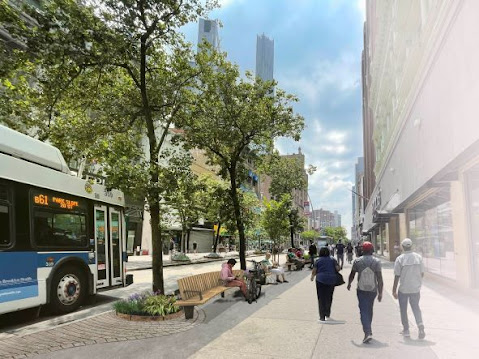
A rendering of Fulton Street under the Adams administration’s new plan. Credit: NYC Parks
“We are committed to focused, coordinated work that results in more public space and safe streets for all New Yorkers,” said Deputy Mayor for Operations Meera Joshi. “I commend the Downtown Brooklyn Partnership, NYC Parks, and DOT for their quick work, which will make the ‘Midtown of Brooklyn’ the benchmark for successful mixed-used communities.”
“Over the course of developing the recommendations from the ‘New’ New York panel, experts from business, transportation, public health, education — any and all sector in New York City — all agreed on the importance of vibrant, dynamic public spaces as the connective tissue that make our cities fun, livable, and competitive,” said Deputy Mayor for Housing, Economic Development, and Workforce Maria Torres-Springer. “I am thrilled by today’s announcement, an investment that will advance the agenda of the Adams administration and the ‘New’ New York panel, further transforming Downtown Brooklyn into a place for all New Yorkers to enjoy.”
“With new street trees, tree pits, and seating on the way to Fulton Street, Downtown Brooklyn is about to get even more beautiful,” said NYC Parks Commissioner Donoghue. “I’m grateful to Mayor Adams, our partners at our sister agencies, and the Downtown Brooklyn Partnership for their dedication to beautifying this vibrant corridor. This project shows how multiagency collaboration and public-private partnerships can enhance our public spaces for the benefit of all New Yorkers, and I look forward to seeing Fulton Street’s transformation in person.”
“Downtown Brooklyn is becoming an exciting example of variety of the ways the city can redesign our streets to prioritize safe and efficient transportation options. We’re building protected bike infrastructure, dedicated bus lanes, and adding pedestrian space to create a welcoming, vibrant commercial hub,” said DOT Commissioner Rodriguez. “We thank Mayor Adams, the Parks Department, and the Downtown Brooklyn Alliance for their partnership in reimagining our streets.”
“In the ‘Making New York Work for Everyone’ action plan, published by the ‘New’ New York panel, we recommended meaningful investments in the public realm to improve biking, enable pedestrian access, and improve public transit, and here is the city making exactly such an investment,” said Richard R. Buery, Jr., co-chair, ‘New’ New York panel; and CEO, Robin Hood. “As a native of Brooklyn, I am thrilled with the announcement, and I know that a reimagined, dynamic, safe public realm will benefit all New Yorkers.”
“To stay competitive and to thrive, cities must evolve, and part of this evolution is making meaningful investments in more dynamic public space,” said Daniel Doctoroff, co-chair, “New” New York panel; and former CEO, Sidewalk Labs. “I applaud Mayor Adams’ continued leadership on the public realm, evidenced by the city’s focus on Downtown Brooklyn and the upgrades that will go directly to making the area a globally relevant urban space where people want to live, work, play, and study.”
Fulton Streetscape Improvements
As part of the project, NYC Parks will reinvigorate Fulton Street to support its active commercial uses by adding street trees, improving tree pits, and adding seating — all contributing to a more attractive streetscape. In addition to this $8 million project, leveraging ongoing private development within the neighborhood will expand the reach of these treatments.
Flatbush Avenue Pedestrian and Safety Upgrades
DOT is working with partner agencies on the design for a major, $32 million capital project to expand pedestrian space and improve traffic safety at five intersections of Flatbush Avenue between Livingston Street and Pacific Street. The project will widen sidewalks with concrete extensions and shorten crossing distances — creating safer, more pedestrian-focused intersections — while adding street furniture and street trees to beautify the corridor.
The project includes building a raised shared street at the corner of Ashland Place and Hanson Place, along the Williamsburg Savings Bank frontage, to create a pedestrian-focused node at the Atlantic Terminal and complement plans for a protected bike lane along Ashland Place and Navy Street. A shared street, also known as a “pedestrian-priority” street, is a roadway designed for slow travel speeds where pedestrians, cyclists, and motorists all share the right of way.
Downtown Brooklyn Transportation and Public Realm Improvements
Ashland Place and Navy Street Protected Bike Lanes: Filling a critical gap in Brooklyn’s bicycle lane network, DOT will install protected bike lanes and pedestrian safety improvements on Ashland Place and Navy Street, between Hanson Place and Flushing Avenue, and a slow street on Hanson Place, between St. Felix Street and Ashland Place, later this year. The project plan includes converting Ashland Place to one-way northbound, between Hanson Place and DeKalb Avenue, and converting Hanson Place to one-way westbound, between St. Felix Street and Ashland Place.
Livingston Street Bus Priority Project: This summer, DOT will create two-way, dedicated bus-only lanes on Livingston Street between Flatbush Avenue and Boerum Place, with physical protection and bus boarding islands east of Gallatin Place. The project will make commutes faster and more reliable for 50,000 daily bus riders along the corridor. For general traffic west of Gallatin Place, Livingston Street will remain two-way; east of Gallatin Place, general traffic will be westbound only, with metered parking along the north curb. Additional pedestrian islands and painted pedestrian space will be created to shorten crossing distances and improve pedestrian safety.
Fleet Place and Willoughby Street Intersection Upgrade: This project will reconfigure the parking field at Fleet Place and Willoughby Street to install standard parallel parking spaces — creating a large painted pedestrian space that will feature asphalt art, shortening the crosswalk distance by 75 percent, and allowing for a new stop-controlled crosswalk across Willoughby Street. Implementation is scheduled for July.
These improvements deliver on a key commitment in Mayor Adams’ “Working People’s Agenda,” which included a $375 million investment to create extraordinary new public spaces across the city. The administration has marked milestones in other major public space projects through that investment this year, including Broadway Junction in Brooklyn and the Arches and Broadway Vision in Manhattan. The Fulton Street project also builds on “Making New York Work for Everyone,” the action plan put together by the “New” New York panel that Mayor Adams and New York Governor Kathy Hochul convened in 2022.
These projects will also build on a series of DOT projects to reimagine Downtown Brooklyn streets to prioritize pedestrians, cyclists, and mass transit, and enhance traffic safety.
“The city’s investment in Downtown Brooklyn’s public realm demonstrates a profound commitment to the neighborhood and the realignment of our streets for pedestrians, cyclists, and mass transit users,” said Regina Myer, president, Downtown Brooklyn Partnership. “Downtown Brooklyn has become a thriving mixed-use neighborhood, and these improvements will further enhance the downtown experience for shoppers, office workers, and residents alike. With the beautified, safer streets afforded by this plan, we solidify Downtown Brooklyn as a nationwide leader in creating a people-first downtown. Thank you to Mayor Adams and the city for helping us spearhead a dynamic infrastructure that champions the needs of Brooklynites.”
“We applaud Mayor Adams and the city’s Parks and Transportation departments for delivering on these promised streetscape and safety improvements to Downtown Brooklyn,” said Eric McClure, executive director, StreetsPAC. “Planting more trees seems like a simple thing, but as we grapple with the increasingly severe effects of climate change, there are few things we can do that are better for the environment and for enhancing public space. In addition, pedestrian-safety and public-realm upgrades along Flatbush Avenue, the reimagining of Ashland Place and Hanson Place, and the implementation of major bus improvements on Livingston Street will benefit the tens of thousands of people who work, commute, shop, and recreate in Downtown Brooklyn every day. We can’t wait to see these changes take shape.”
“These projects are great examples of how combining a variety of diverse, people-centered treatments can all work together to make a more livable place,” said Jackson Chabot, director of advocacy and organizing, Open Plans. “The expanded sidewalk space and micro mobility infrastructure will make it safer for people moving through Downtown Brooklyn and the additional seating and shade will inspire them stick around. These types of spaces pay dividends for health, happiness, and local business; they’re the key to a better future in New York.”

